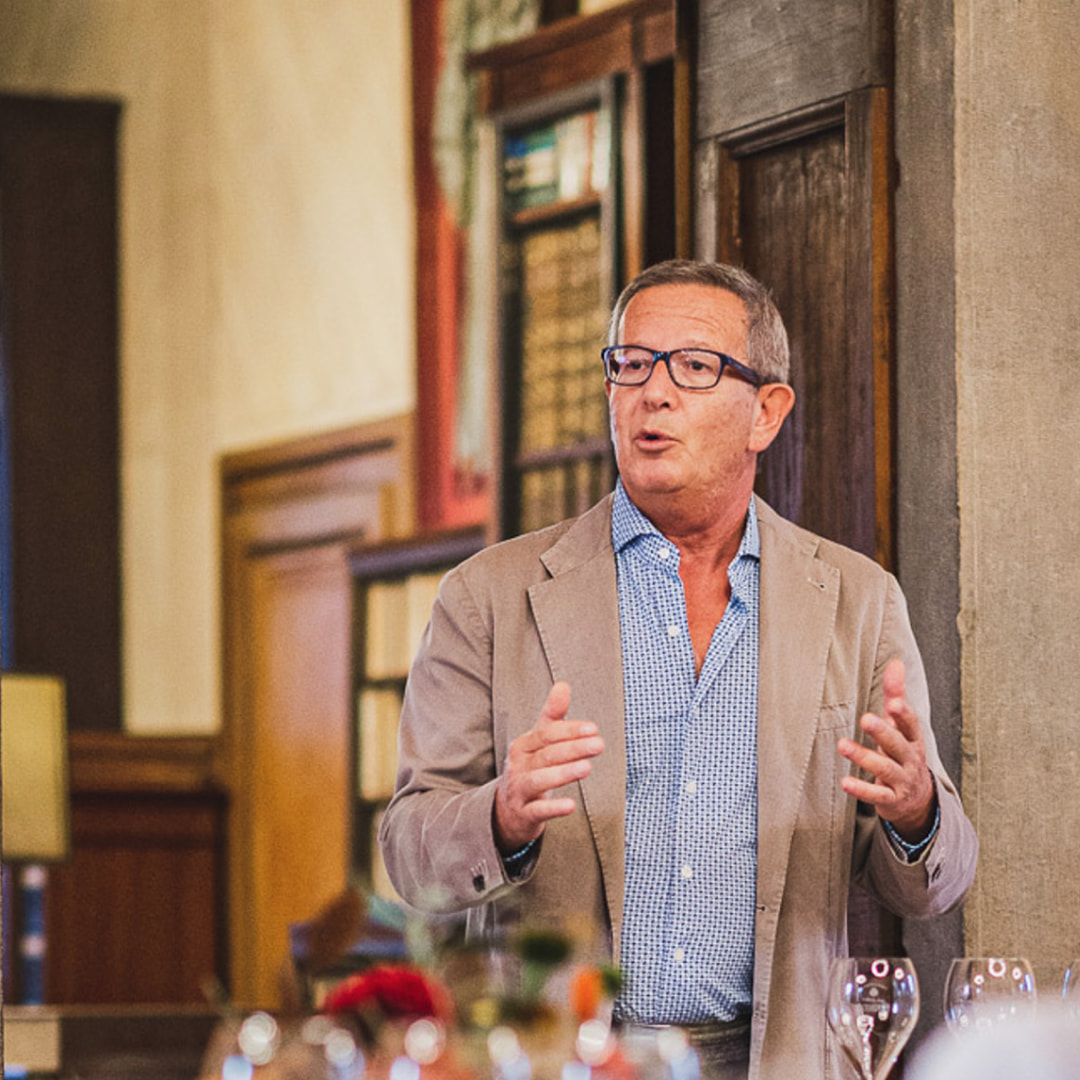THERE ARE CERTAIN WINES THAT SING WHEN THEY MEET.
WE LISTEN TO EACH ONE, IN SEARCH OF PERFECT HARMONY.
Behind every bottle of Berlucchi, there is an orchestra conductor. He is the expert oenologist who blends different wines to create the desired result, the so-called cuvée, or the definitive mix that will feature in celebrations in Italy and around the world.
To create the cuvée, it is essential to know how to listen to the most subtle nuances of numerous batches of wine from different varieties and vineyards, which have been separated during the harvest.
It is a delicate phase that requires many tasting sessions: over 150 sparkling wine bases are assembled to become our future Franciacortas.
After the addition of yeast and sugar, the cuvée is bottled and finally stoppered. The yeasts feed on the sugar and produce carbon dioxide: this is how our beloved “bubbles” are created.
Discover